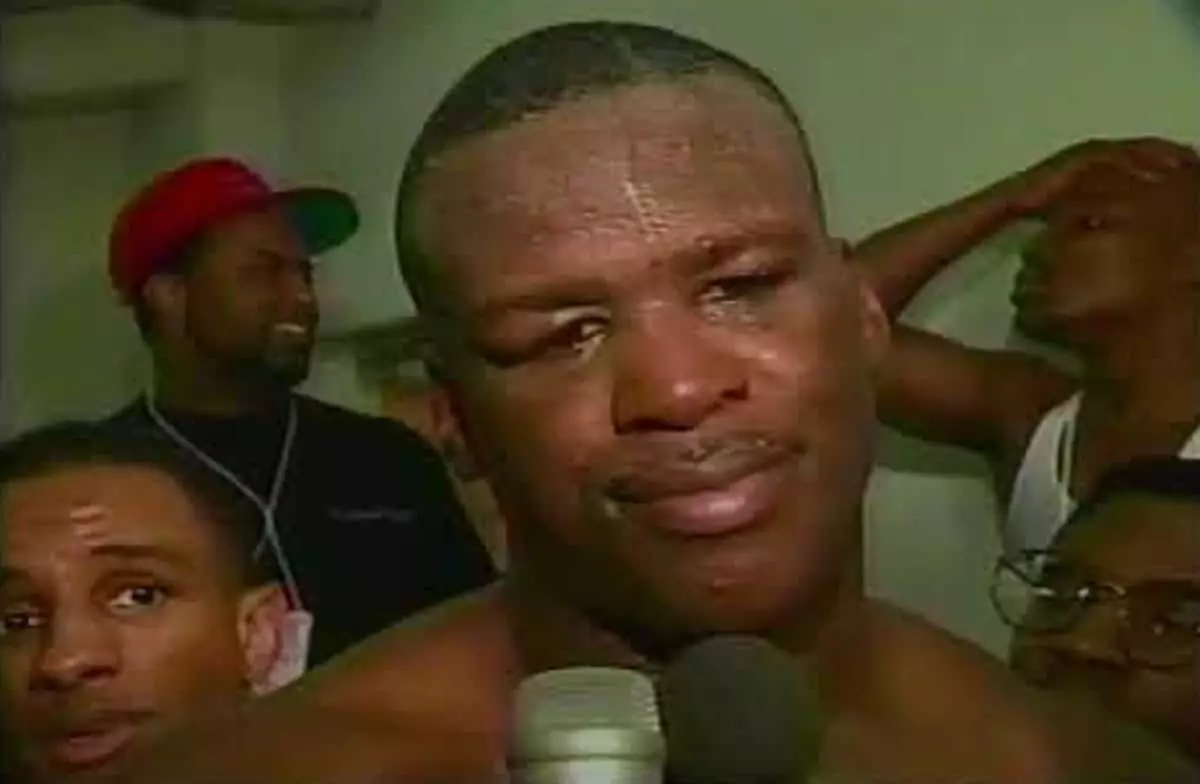When we reflect upon the defining moments in sports history, few rival the seismic shift that occurred on February 11, 1990. James “Buster” Douglas, a boxer purportedly weighed down by his own limitations and personal tragedies, emerged from obscurity to deliver a remarkable upset against the undefeated heavyweight champion, Mike Tyson. The backdrop to this fight was not merely a contest of fists, but rather a showcase of determination, resilience, and the unyielding human spirit—crucial elements that often transcend the confines of rings, arenas, and sports altogether.
In the lead-up to the championship bout, Buster Douglas was not your typical underdog. He carried with him the heavy burden of his late mother’s memory—a loss that catalyzed his relentless training regimen. Some observers, however, viewed the man labeled ‘lazy’ and ‘unfocused’ with skepticism. Critics were quick to point to a lackluster performance against Tony Tucker as indicative of a fighter who would falter under pressure. Many doubted Douglas’ capacity to push himself beyond his limits, believing his physicality paled in comparison to the ferocity of Tyson.
As Douglas pounded the snowy streets in preparation for battle, it became increasingly evident that this fight was as much about personal redemption as it was about boxing glory. He was not just striving to win a title; he was also grappling with grief and the quest to honor his mother’s memory—a narrative that would ultimately color the event’s significance in sports lore.
When fight night arrived in Tokyo, anticipation had all but fizzled. Most boxing enthusiasts were convinced that Tyson, the “Baddest Man on the Planet,” would deliver yet another stunning performance, further solidifying his legacy. With a perfect record of 37-0, Tyson had become synonymous with dominance, and few considered Douglas a credible threat. The boxing world was buzzing with hypothetical matchups that would never materialize, while a sense of ennui settled over the impending clash.
But those who tuned in to witness the bout were treated to something extraordinary. From the moment the bell rang, it was clear that Douglas was not the same fighter who had faltered in the past. He fought with a confidence and tenacity that caught Tyson off guard. Out-jabbing and outmaneuvering the champion, Buster demonstrated an uncanny ability to absorb punishment while dishing it out with equal ferocity. The tides of the bout shifted drastically as Douglas’s strategy of wearing down the formidable Tyson began to pay dividends.
The pivotal moment of the fight occurred in the eighth round, a telling juxtaposition of vulnerability and resolve. Tyson, momentarily gaining the advantage, landed a punishing uppercut that sent Douglas crashing to the canvas. The boxing community held its collective breath, and doubts swirled. Would Douglas falter? Would the specter of his past failures reemerge? Yet, amid swirling fears and rising tension, Buster scrambled to his feet, defying the expectations set by critics and skeptics.
His ability to rise before the count of ten spawned an infusion of hope, not just for himself but for all who had doubted him. As the fight continued, Douglas seized the momentum, dominating the ninth round before finally landing a combination in the tenth that knocked Tyson out cold. It was an unprecedented moment—the underdog had not only won but had done so in resounding fashion.
The echoes of Douglas’s victory reverberated through the world of sports, forever altering the landscape of professional boxing. In that remarkable evening, he did not just become the heavyweight champion; he also engraved his name into the annals of sporting history. Fans recall the sheer disbelief that enveloped the arena as the news of Tyson’s loss spread—a result so shocking that it sparked debates about the nature of underdog victories across all sports.
Even 35 years later, the story of James Douglas serves as a compelling reminder that triumph can arise from the most tenuous of circumstances. As we acknowledge this monumental event, we are called to reflect on our own lives: What can we achieve when we channel our pain, our struggles, and our aspirations into fierce determination? The answer has always been there, echoing through the ages—sometimes, just sometimes, the unthinkable becomes reality. Where were you when history was made?

